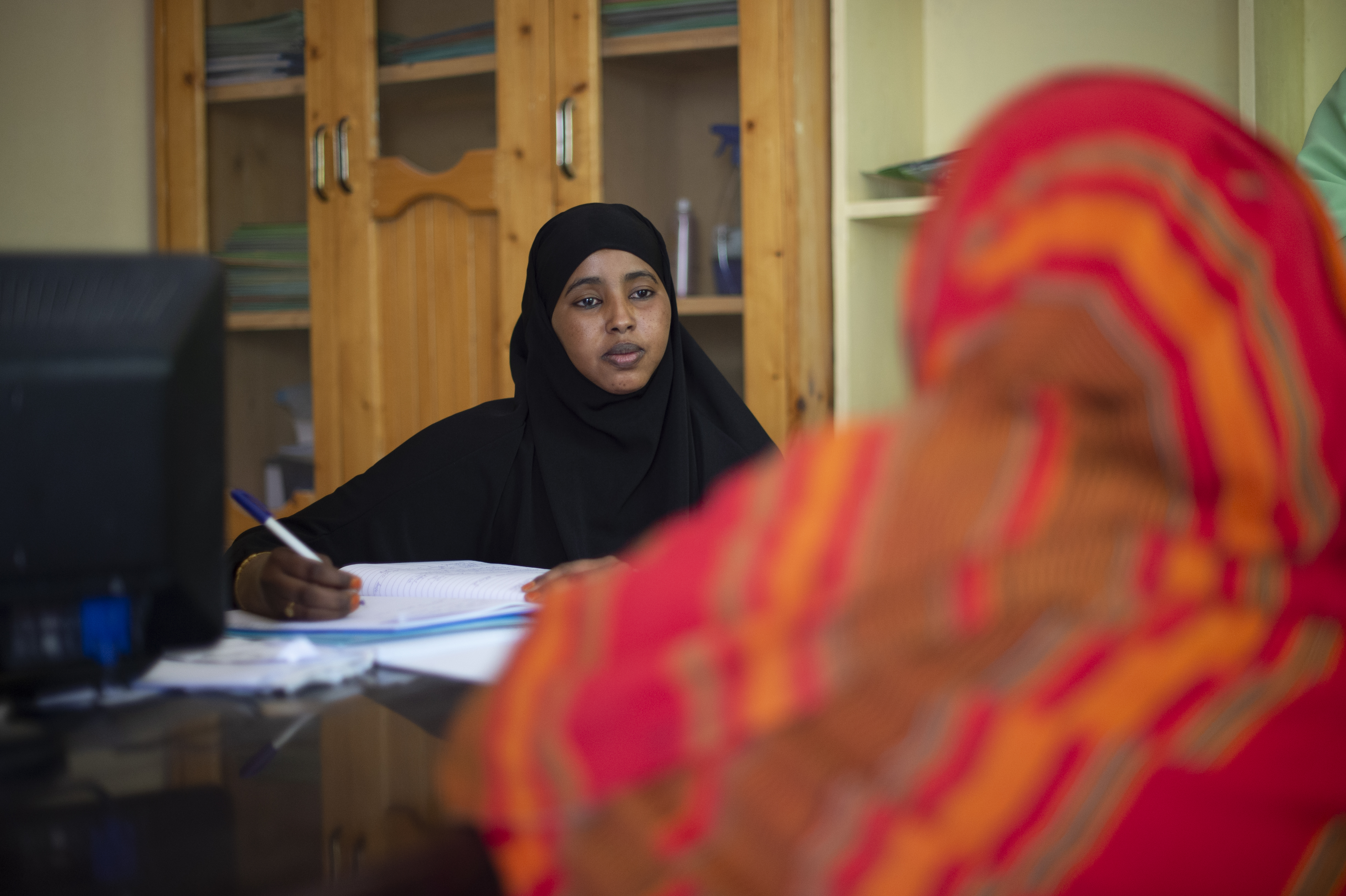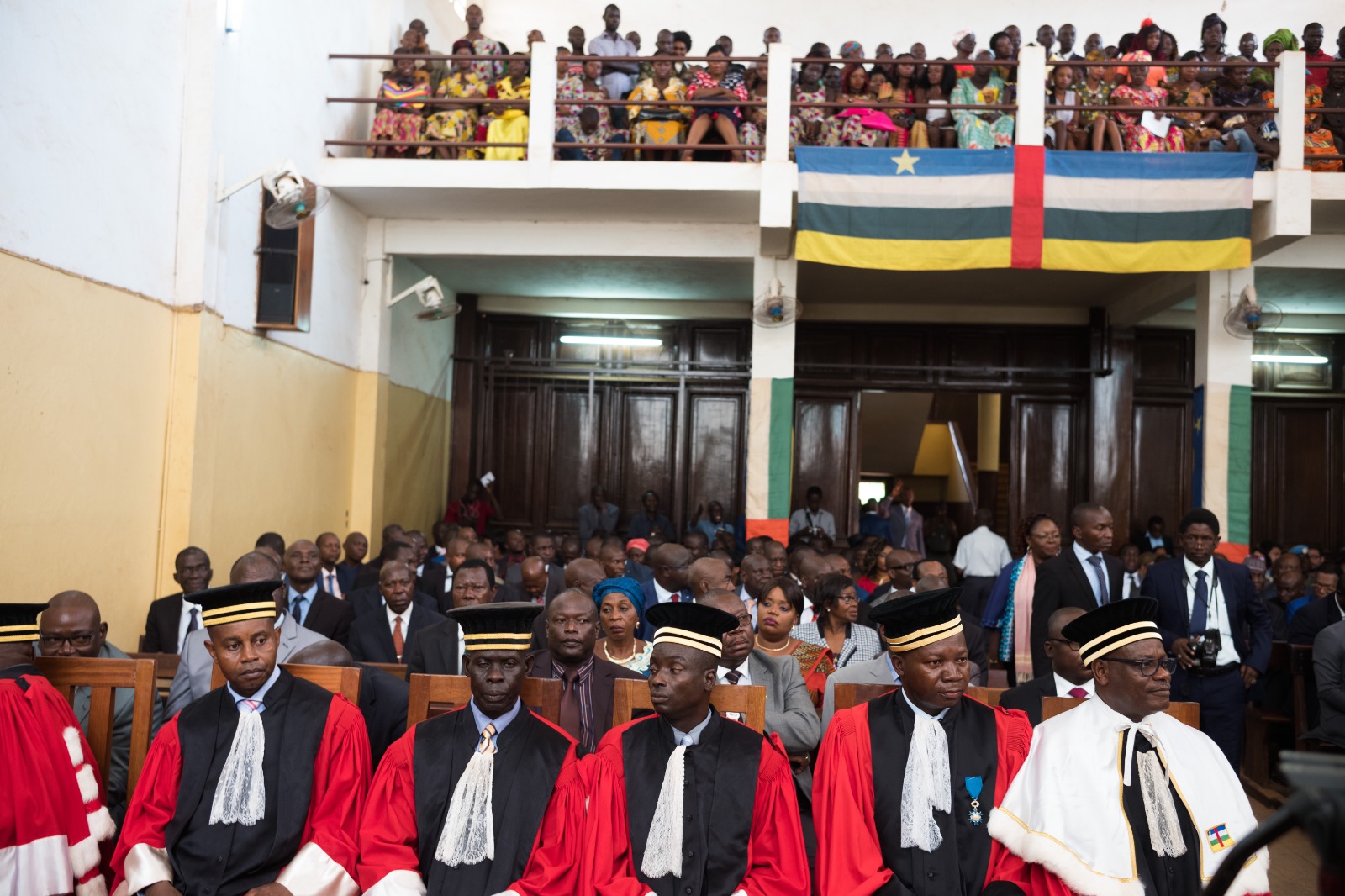A Call for Action to Amplify Meaningful Participation in Crisis and Politically Complex Settings

Brigadier-General Aliya, General Director of the Family Protection Department, Ministry of Interior of Yemen in 2021
Event Details
October 31, 2024
09.00 - 10.30 EST
online via Zoom
This event will facilitate a conversation across generations among influential women leaders from Yemen, Iraq, Papua New Guinea and Ukraine who support peace, prevent conflict, promote justice and stability. The women leaders will discuss how to catalyze the transformative shift needed to enable women’s meaningful participation across the peace and security spectrum – from grassroots-level initiatives to members of government and political functions.
Ms. Shoko Noda, UN Assistant Secretary-General and Director of the Crisis Bureau, UNDP, will deliver opening remarks.

Background
We are witnessing a rollback of generational gains in gender equality.
Despite women’s critical knowledge and expertise on conflict and crisis, they are often sidelined from decision-making and governance in fragile and conflict-affected contexts.
We are falling short on delivering the Women, Peace, and Security Agenda, with the "participation" pillar showing the least progress, especially in crisis and politically complex environments.
Evidence shows that higher levels of gender equality correlate directly with greater security and stability in societies. Women's participation in decision-making increases the likelihood of a peace agreement lasting at least two years by 20% and lasting fifteen years by 35%. Moreover, when women constitute at least 35% of a country's legislature, the risk of conflict relapse drops significantly.[1] Women also play a critical role in rebuilding trust in society and political institutions by advocating for the most vulnerable and marginalized populations.
The case is clear: as long as inequalities, patriarchal social structures, biases, violence, and discrimination hold back half of societies, peace will remain elusive. With just six years until 2030 – and an alarming projection of 300 years to achieve gender equality at the current pace – urgent action is needed to translate the promises of the Women, Peace, and Security Agenda into tangible progress toward global peace and security for all.
The UN Secretary-General’s New Agenda for Peace urges all UN Member States to take decisive action to ensure women’s meaningful participation in decision-making and embark on whole-of-government and whole-of-society approaches to conflict prevention that are rooted in sustainable development and ensure no one is left behind.
As Member States adopted the Pact for the Future in September 2024, there are renewed opportunities to recommit to normative frameworks and translate commitments into real and lived change for women and girls.
UNDP works in conflict, crisis, and politically complex settings to promote inclusive, participatory decision-making, build resilient societies, and set a sustainable future, guided by its 2022-2025 Gender Equality Strategy & Crisis Offer.
UNDP partners with women and young women leaders in diverse roles to ensure that their expertise and experiences are represented across all levels of decision-making, from grassroots mediators to members of government and parliaments. Last year, UNDP supported 43 countries in strengthening women’s leadership and partnered with feminist organizations in 106 countries, nearly half of which are in crisis.
Despite progress in advancing women’s leadership in mediation and peacebuilding across 22 countries, ad hoc gender equality approaches in conflict settings remain a challenge.
More support and financing are needed for women’s rights groups and women leaders to lead and contribute to peace and political processes, and transformative efforts must ensure women are central to conflict prevention, decision-making, and peacebuilding.
[1] Jacqueline H.R. Demeritt, Angela D. Nichols & Eliza G. Kelly (2014) Female Participation and Civil War Relapse, Civil Wars, 16:3.


 Locations
Locations











